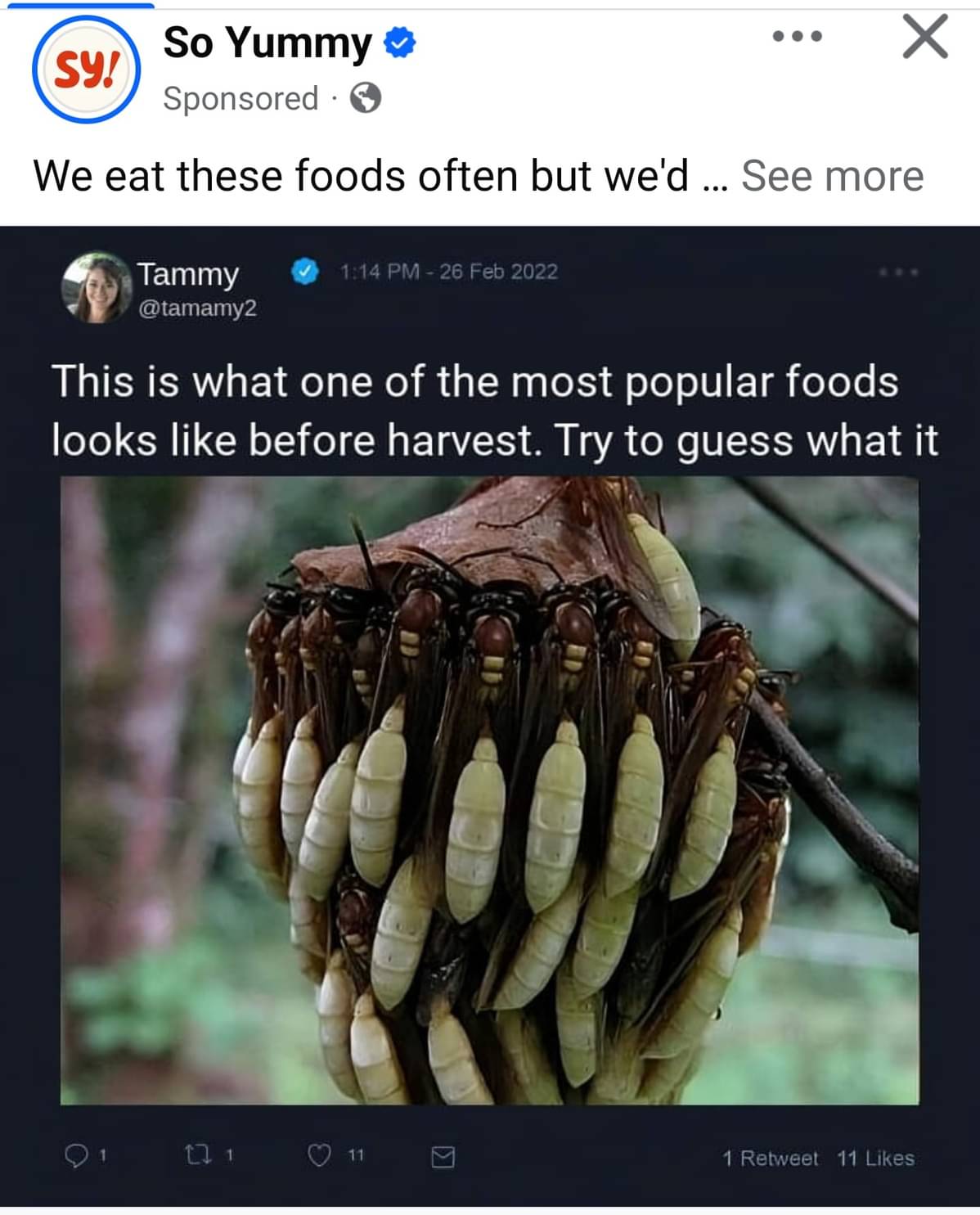this post was submitted on 20 Oct 2024
129 points (89.1% liked)
Science Memes
12345 readers
2411 users here now
Welcome to c/science_memes @ Mander.xyz!
A place for majestic STEMLORD peacocking, as well as memes about the realities of working in a lab.

Rules
- Don't throw mud. Behave like an intellectual and remember the human.
- Keep it rooted (on topic).
- No spam.
- Infographics welcome, get schooled.
This is a science community. We use the Dawkins definition of meme.
Research Committee
Other Mander Communities
Science and Research
Biology and Life Sciences
- [email protected]
- [email protected]
- [email protected]
- [email protected]
- [email protected]
- [email protected]
- [email protected]
- [email protected]
- [email protected]
- [email protected]
- [email protected]
- [email protected]
- [email protected]
- [email protected]
- [email protected]
- [email protected]
- [email protected]
- [email protected]
- [email protected]
- [email protected]
- [email protected]
- [email protected]
- [email protected]
- [email protected]
- !reptiles and [email protected]
Physical Sciences
- [email protected]
- [email protected]
- [email protected]
- [email protected]
- [email protected]
- [email protected]
- [email protected]
- [email protected]
- [email protected]
Humanities and Social Sciences
Practical and Applied Sciences
- !exercise-and [email protected]
- [email protected]
- !self [email protected]
- [email protected]
- [email protected]
- [email protected]
Memes
Miscellaneous
founded 2 years ago
MODERATORS
you are viewing a single comment's thread
view the rest of the comments
view the rest of the comments

Honey?
Ohh, figs
https://en.m.wikipedia.org/wiki/Fig
As someone who grows figs in their living room:
Most commercial (and even hobbyist) fig varieties are parthenocarpic, meaning they don't require pollination.
And fig wasps don't look like that. They're tiny little guys that most people would probably mistake for a very small ant.
And even if the fig was pollinated by a wasp, it uses enzymes to break down the insects body, to protect itself from mold and other pathenogens that such may cause.
Basically; fig waps are itsy bitsy wittle wupies, while figs are digesting their dead mothers corpses, because they are metal as fuuuuuck.
https://en.m.wikipedia.org/wiki/Apoica_pallens
Not a fig wasp. In fact, the article for Apoica Pallens doesn't mention figs even once. It says that they're used in folk medecine in Brazil, but that's far from it being a popular food...
That's the joke, hence the title. ;)
The journey to the center is pretty intense. She loses her wings on the way in and dies after laying her eggs.
iirc, the figs sold commercially were selectively bred to self pollinate. I think the FDA or USDA would have a major problem with dead animals in fruit, even if they're supposed to be there naturally.
You can think that, except If you want to think that, I wouldn't look up the allowable amounts of insect parts or other stuff in what you eat.
But here's the handbook straight from the fda if you want to anyhow. https://www.fda.gov/food/current-good-manufacturing-practices-cgmps-food-and-dietary-supplements/food-defect-levels-handbook
I remember this from a high school science class. There was a girl in my class who was absolutely disgusted and mortified with the idea that grasshopper parts could be in bread. Maybe I'm wrong, but I reckon there's probably a difference between cooked prepackaged foods and fresh raw foods.
The idea of bug parts in food doesn't bother me much. Just a little protein. When I was a teenager during harvest, I'd climb on the trucks and stick a handful of wheat germ in my mouth when we were finished harvesting a field. I love the flavor and texture of wheat germ. Naturally, my favorite breakfast cereal is bran flakes.
Side note: if you do this, make sure they're golden brown, not pink. The pink ones are covered in poison.
Nope: https://en.m.wikipedia.org/wiki/Apoica_pallens
And what food would that be?
It's a joke.
ಠ_ಠ
:)
Not a very good one
You still learned about paper and fig wasps. :)